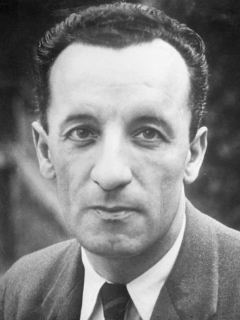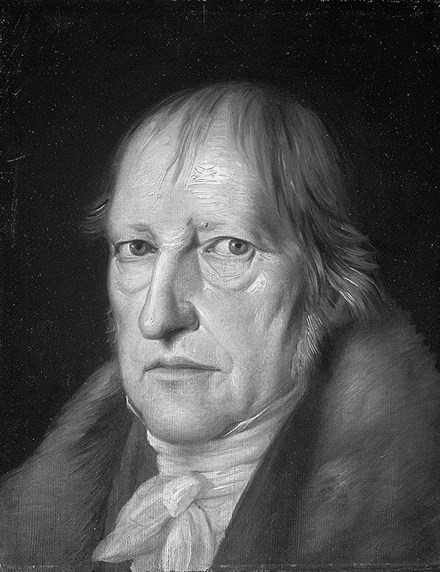
Publication details
Publisher: Springer
Place: Berlin
Year: 2019
Pages: 131-146
Series: Contributions to Phenomenology
ISBN (Hardback): 9783030175450
Full citation:
, "Hegel, Merleau-Ponty, and the paradox of expression", in: Hegel and phenomenology, Berlin, Springer, 2019


Hegel, Merleau-Ponty, and the paradox of expression
pp. 131-146
in: Alfredo Ferrarin, Dermot Moran, Elisa Magrì, Danilo Manca (eds), Hegel and phenomenology, Berlin, Springer, 2019Abstract
For Hegel and Merleau-Ponty, the concept of expression is crucial to understand meaning and signification in a variety of contexts, including the aesthetic, anthropological, and psychological domain. However, they also point out the paradoxical nature of the notion of expression, in that it presupposes what it is supposed to explain, namely its principle of determination. In my reading, both Hegel and Merleau-Ponty endorse a common strategy to avoid the paradox, and their approach is rooted in the use of genetic descriptions. In this way, they bring to light the active side of receptivity without producing any hypostatization of a prior Logos. Before addressing their common strategy, I briefly present the earlier articulation of the problem of expression in Hegel's Science of Logic.
Cited authors
Publication details
Publisher: Springer
Place: Berlin
Year: 2019
Pages: 131-146
Series: Contributions to Phenomenology
ISBN (Hardback): 9783030175450
Full citation:
, "Hegel, Merleau-Ponty, and the paradox of expression", in: Hegel and phenomenology, Berlin, Springer, 2019


